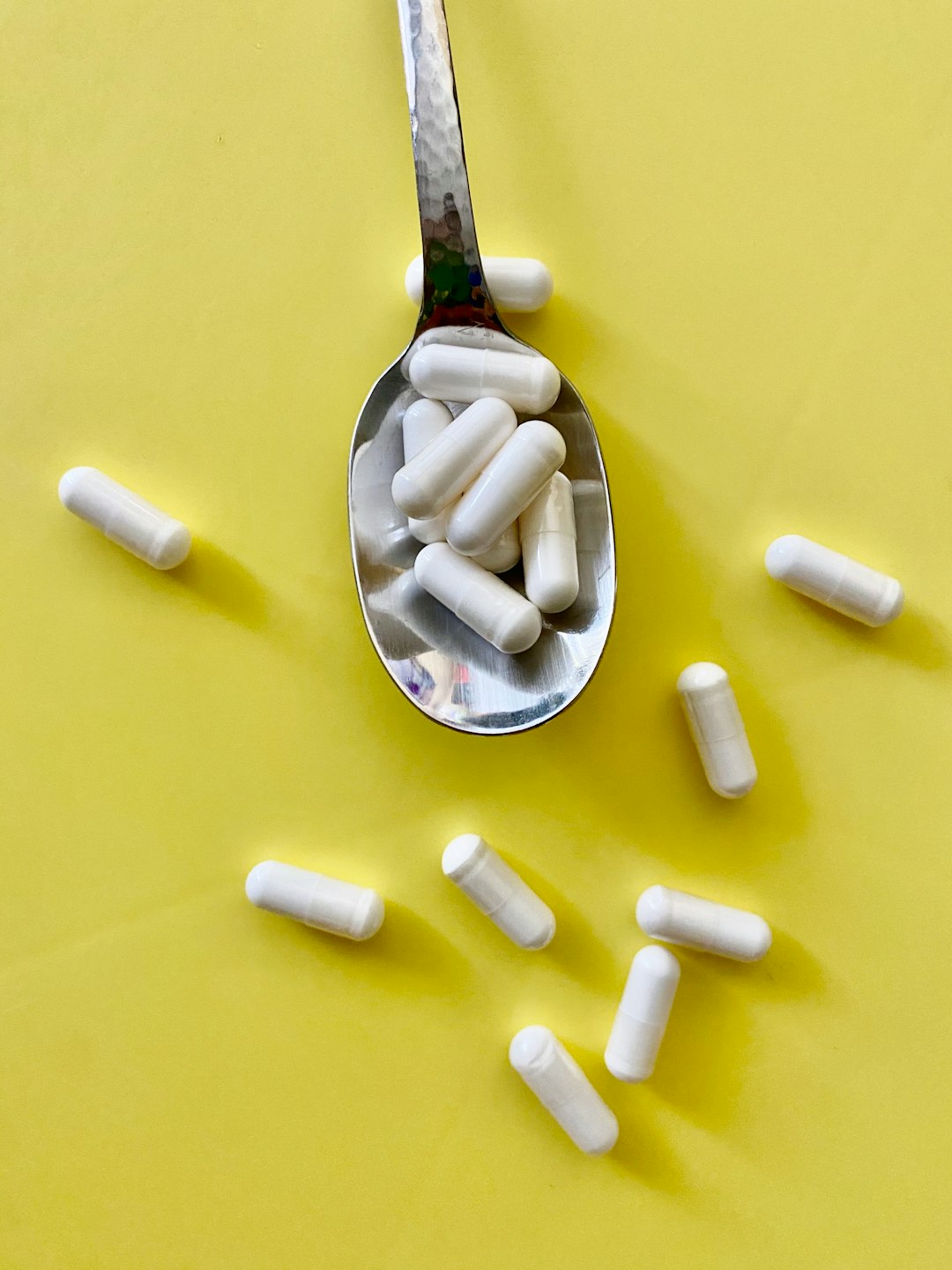
Glutathione is your body's master antioxidant, but alcohol and cigarettes are its worst enemies. Consuming alcohol can dramatically lower glutathione levels in your liver, a key organ for detoxification. Likewise, smoking increases oxidative stress, counteracting glutathione's benefits. If you’re serious about reaping the rewards of this supplement, it’s time to cut back on these harmful habits.
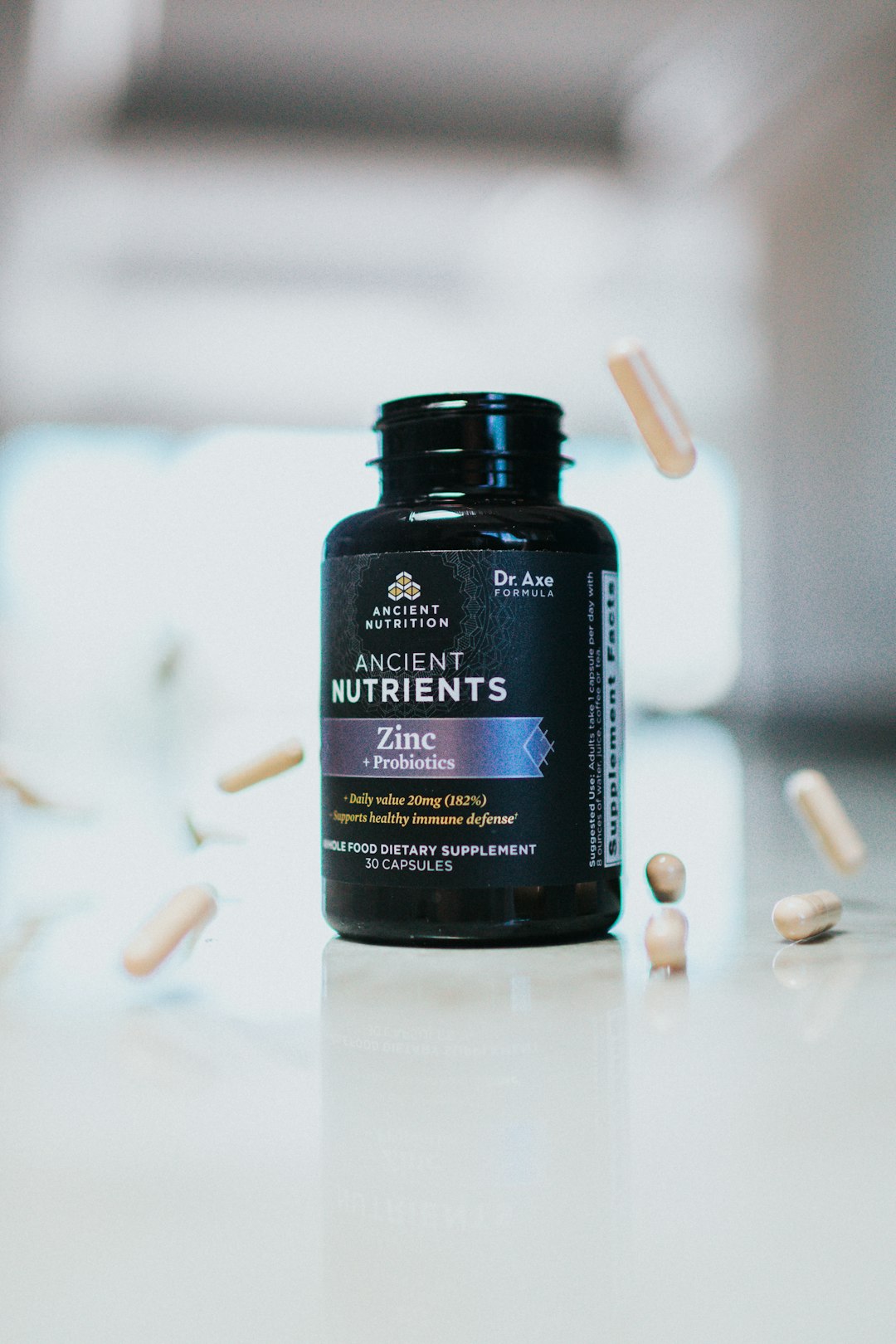
Certain foods and chemicals can also reduce glutathione’s effectiveness. Here’s a quick look at what to limit or avoid:
| Substance | Why Avoid It |
|---|---|
| Processed Foods | Contains preservatives like nitrates and sodium benzoate that deplete glutathione levels. |
| Aspartame | This artificial sweetener may reduce glutathione in the liver. |
| Caffeine | Can hinder glutathione absorption. Avoid coffee a few hours before and after your supplement. |

Long-term glutathione use isn’t without its trade-offs. For instance, prolonged supplementation may lower zinc levels, which are critical for your overall health. It’s also important to follow the dosage recommended by your healthcare provider since there’s no universal “one-size-fits-all” amount. Overdosing can cause adverse effects like nausea, diarrhea, or even allergic reactions.
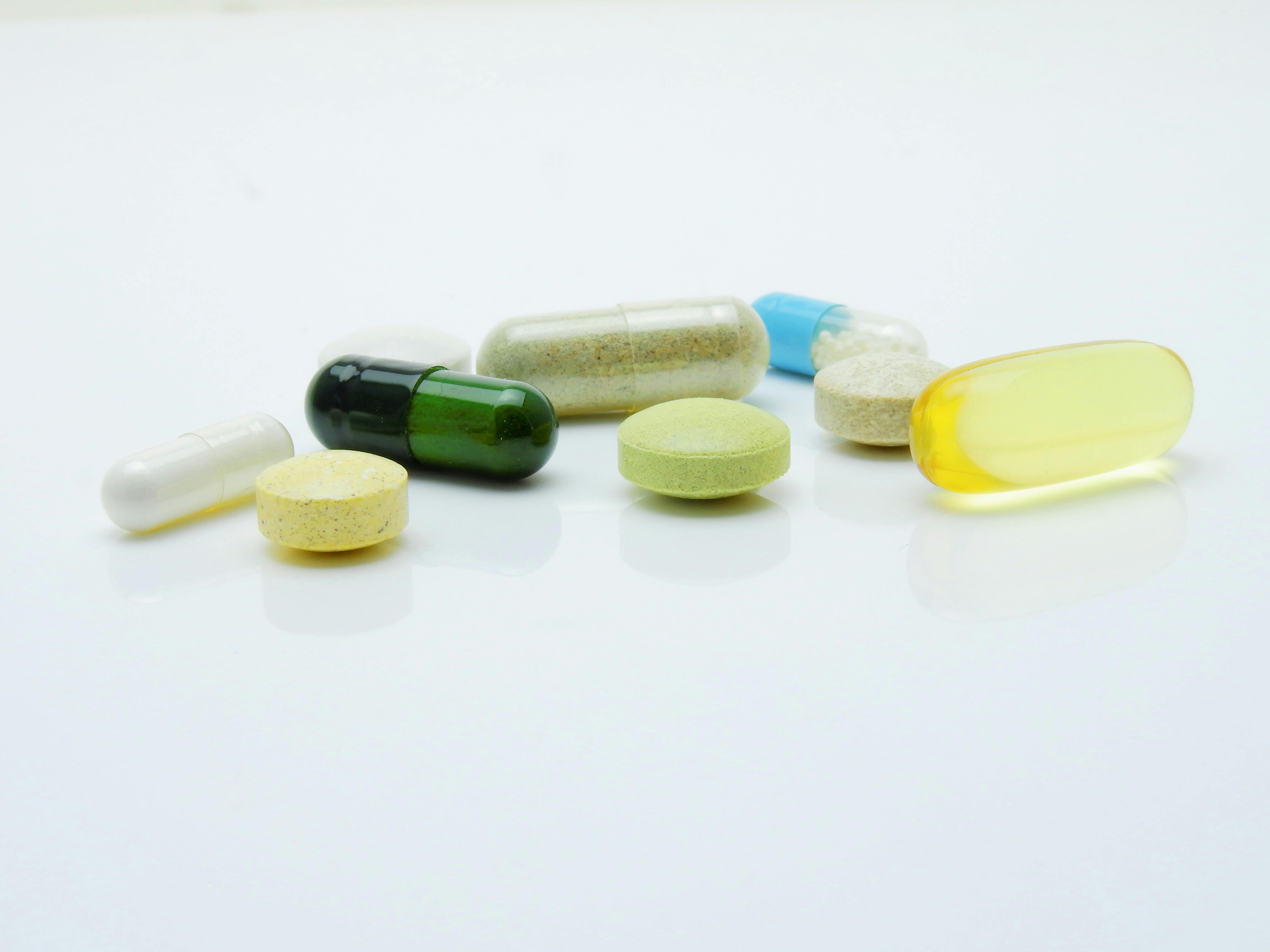
If you’re taking medication, especially nitroglycerin or chemotherapy drugs, glutathione may interact with them. Always check with your doctor before starting the supplement if you're on any other medications. It’s better to be safe than sorry!

Poor lifestyle habits won’t do you any favors either. Eating an unhealthy diet or being exposed to heavy metals and environmental toxins will decrease the efficacy of glutathione. Instead, focus on loading up on foods naturally rich in glutathione precursors, like sulfur-rich proteins (e.g., fish, beef, or chicken) and cruciferous vegetables (e.g., broccoli, kale, garlic).

Did you know that oral glutathione isn’t well-absorbed in your gut? Alternatives like intravenous glutathione or supplements containing glutathione precursors (e.g., N-acetylcysteine) may be a better bet for some people. Discuss these options with your healthcare provider to optimize results.
What lifestyle changes or supplement forms work best for you when it comes to glutathione? Drop a comment and let’s keep the conversation going!



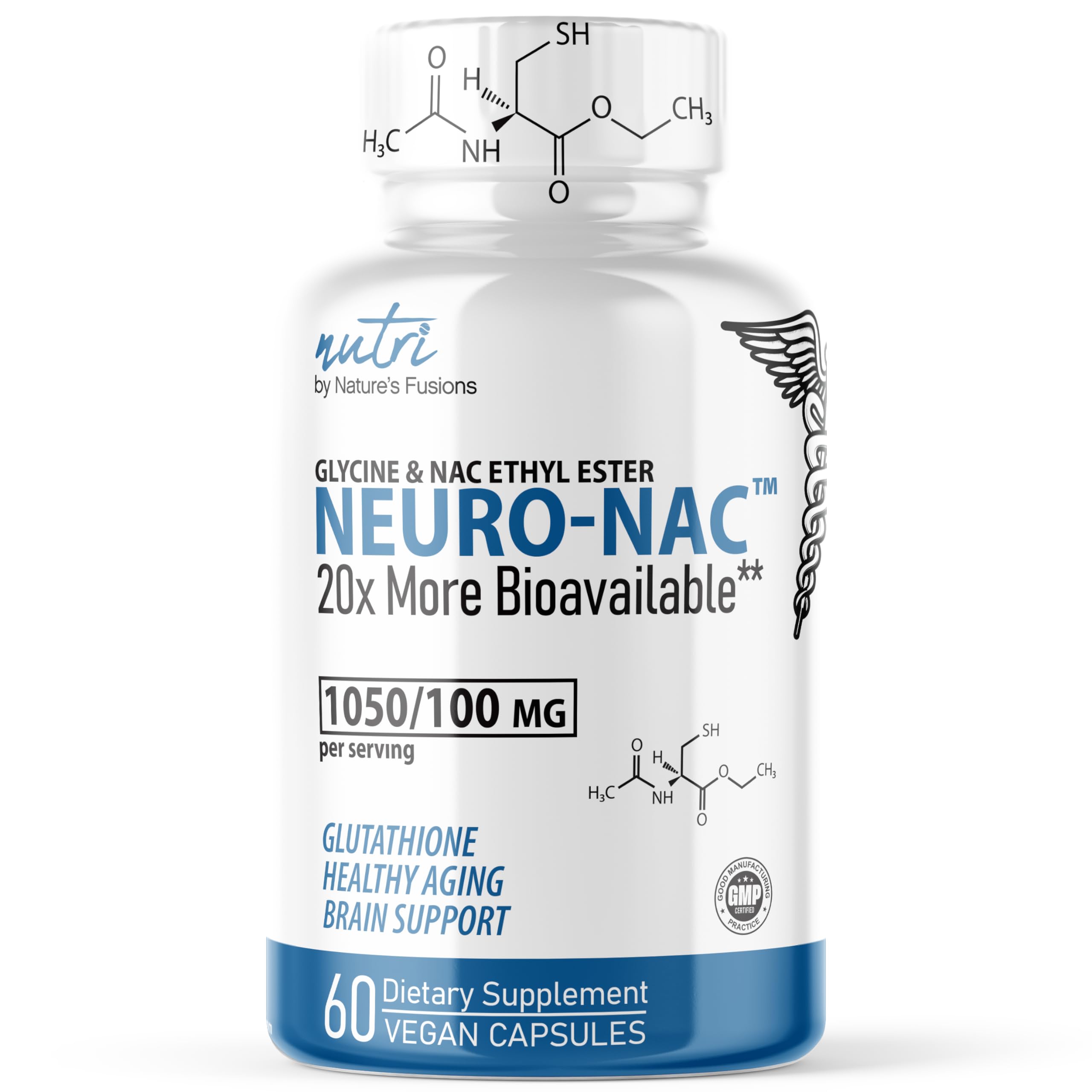
Boost your brain health with Neuro-NAC™ Glycine & NAC Ethyl Ester Capsules. With 20 times more bioavailability, each serving delivers 1050/100 mg to support glutathione production and promote healthy aging. This powerful formula is designed to enhance brain function and overall wellness. Suitable for vegans and crafted with premium ingredients, Neuro-NAC™ helps you maintain optimal brain support in a convenient, easy-to-take capsule. Embrace better health and vitality today!
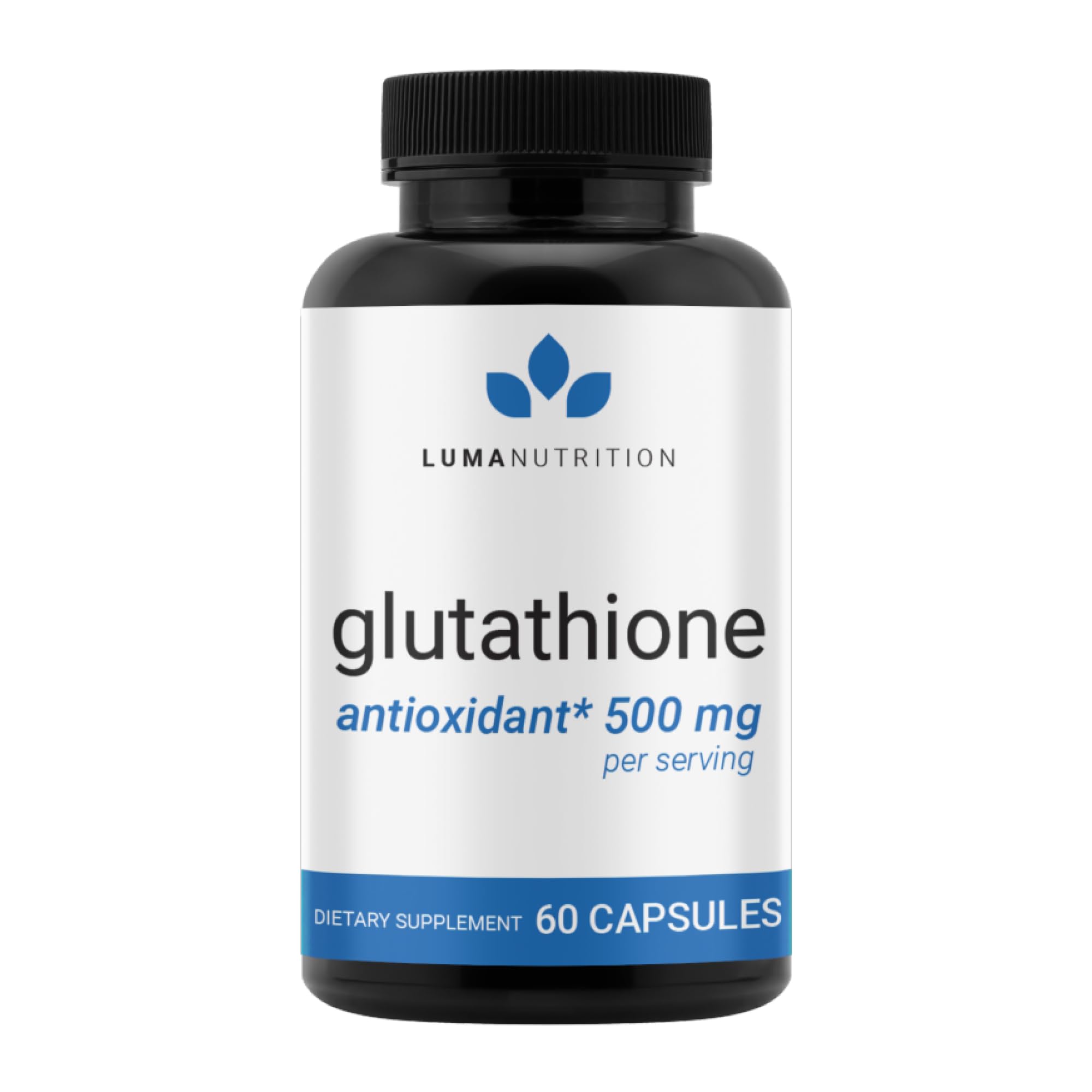
Boost your wellness with Luma Nutrition's Glutathione Antioxidant Supplement. Each serving delivers 500 mg of powerful antioxidants to combat oxidative stress. Support your immune system, enhance skin health, and promote overall vitality with a convenient daily capsule. Perfect for those seeking a natural way to protect their body's cells from free radical damage and maintain optimal health.
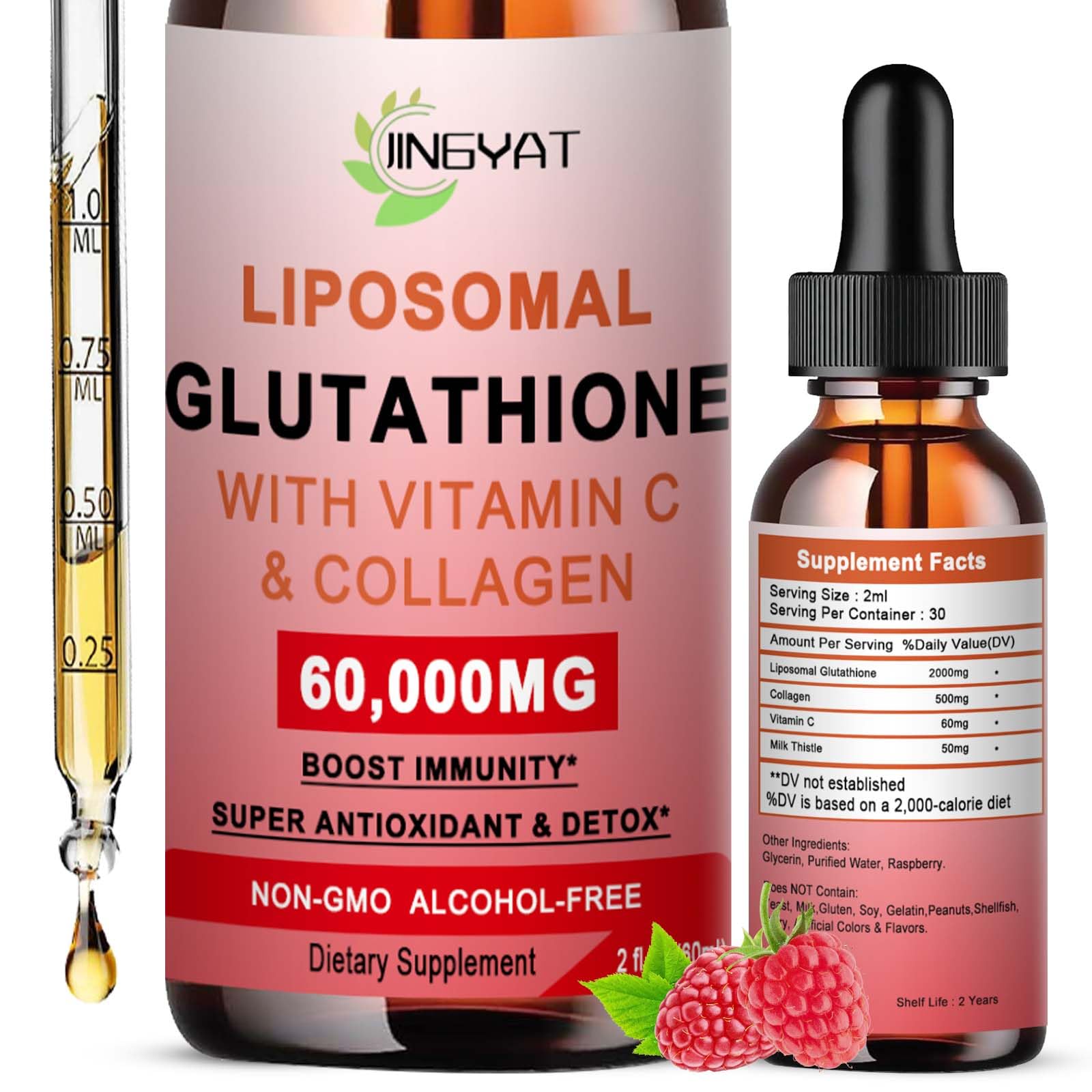
Enhance your wellness with our powerful Liposomal Glutathione supplement. Infused with Vitamin C and Collagen, this 60,000mg formula boosts immunity, supports detoxification, and promotes healthy skin. Non-GMO and alcohol-free, it’s perfect for daily use. Enjoy the delicious raspberry flavor as you strengthen your body's natural defenses and vitality.
When taking glutathione, avoid alcohol, smoking, and caffeine as they can decrease its effectiveness. Additionally, limit medications like acetaminophen and aspirin, and reduce consumption of processed or fried foods. These substances can hinder glutathione’s ability to support detoxification and liver health.
Glutathione should not be mixed with alcohol, acetaminophen, or heavy metals, as they diminish its benefits. These substances contribute to oxidative stress, which counteracts glutathione's support for cellular detoxification and liver function.
When you stop taking glutathione, your body may rely on its natural production levels, which could be insufficient depending on your health. The benefits, such as improved detoxification and lighter skin tones (if applicable), may gradually decrease over time.
Glutathione helps the liver by reducing oxidative stress, promoting detoxification, and removing harmful substances from the body. It supports cell repair and protects the liver from damage caused by toxins or medications.
Yes, glutathione can be taken with food. In fact, pairing it with meals rich in vitamins C and E may enhance its absorption and effectiveness in the body. Avoiding processed or heavy meals while supplementing can also maximize its benefits.
As you embark on your journey with glutathione, avoiding these pitfalls can help you maximize its benefits for a healthier lifestyle. We love sharing valuable health tips to make your wellness routine a success, and we'd be thrilled if you stayed connected with us! Head over to our Pinterest board for more wellness inspiration, or check out the latest updates on our Instagram page. Have questions or just want to be part of our community conversation? Join us on Facebook and let’s keep the discussion going. Feel free to share your own experiences and tips too—we’re all in this healthy living journey together!